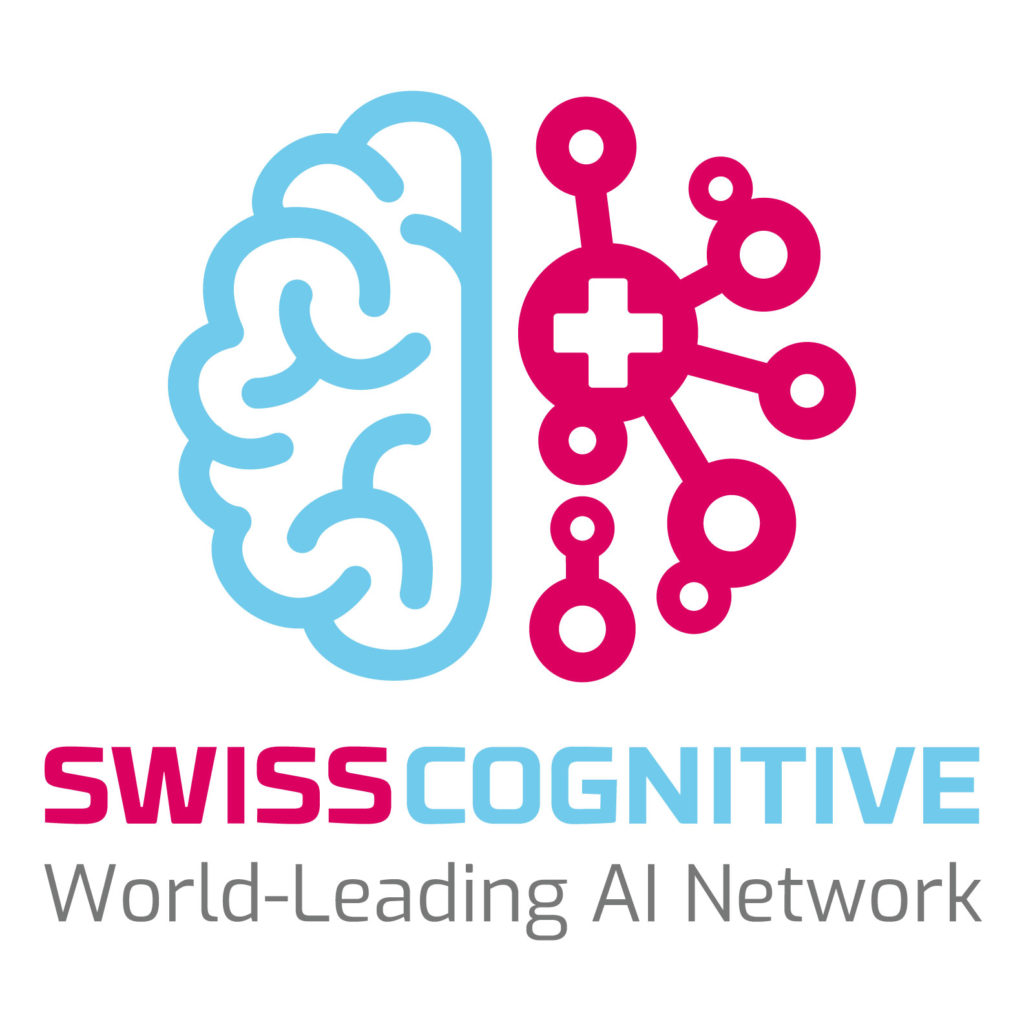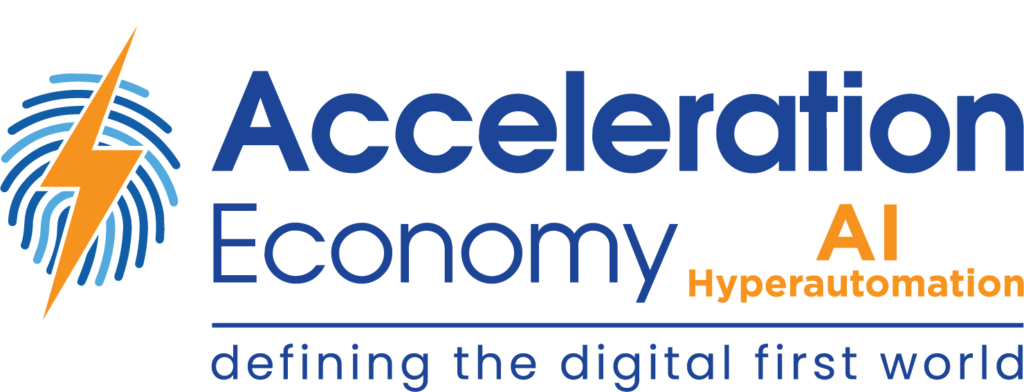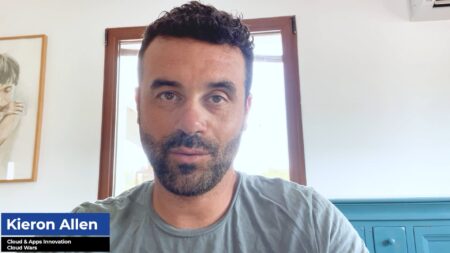For too long, new frontiers of technology have been scary to many. And artificial intelligence is no exception. Further, tt’s important that we showcase the humanness in AI and realize that AI needs people to flourish, but, more importantly, provide guidance.
AI should be used to augment humanity in an ethical way. In order to do this, a strong community of AI advocates is needed to democratize these core values along with the AI capabilities.

In this episode, I’m joined by a leader in the global AI community, Dalith Steiger. She is the Co-Founder of the SwissCognitive which is a World-Leading AI Network committed to unleashing AI in business.
Highlights
00:44 — Dalith Steiger jumps in to answer questions, such as:
- What should we expect from AI?
- What should we expect from people within the technology?
02:52 — At SwissCognitives, Dalith explains how they prefer to talk about cognitive technology rather than AI. For instance, when talking about artificial intelligence, they are not seeking to copy the human brain or human beings. Rather, cognitive technology implies the cognitive development of technologies.
04:30 — While AI technology can seem like futuristic science fiction, it’s actually a reality now. Technology is an iterative process. So, if we aren’t sharing knowledge with the technology, how can the devices learn?
06:29 — AI is breaking barriers between different groups of people and cultures, such as through real-time language translations. Especially during the pandemic, the ability to connect with different people and cultures is a major advantage of technology.
10:30 — How can we continue to break down these barriers? While many worry that AI is going to replace people, it should be helping to augment people, furthering abilities for personal connections, experiences, and exchanging ideas.
11:44 — What are the expectations, themes, capabilities, and barriers of AI? While these all vary, Dalith explains how we should not talk in absolute terms. We shouldn’t make claims such as, “Everything and everyone is going to be replaced by technology with what we’re doing.”
“Shift from technology-literate people to people-literate technology”
Dalith Steiger | Co-Founder of SwissCognitive
13:54 — Not everything that can be developed and implemented is being developed and implemented. People tend to be afraid of something if they don’t know about it. So, people need to understand the power of technology and the opportunities that technology presents.
15:46 — The more we know, the better we can act. We have to be conscious of AI ethics.
16:27 — Not only does technology need to be learning, but humans need to be learning as well, developing maturity when it comes to the usage of this technology and how we interact with it.
17:16 — AI has the potential to help preserve natural resources, such as providing the ability to simulate something prior to development. In addition to considering ethics with people, how can we ethically be using AI for sustainability?
19:19 — At some point, people are going to have to put trust in the technology in order to remove the fear.
22:48 — Technology is not dangerous—it’s the people behind it. We wouldn’t have cybersecurity if we would trust a human being. We have to set the rules, but we shouldn’t limit ourselves too much.
23:43 — If you want to be a world champion, you have to innovate, as innovation doesn’t talk about growth, but about added value.

SwissCognitive is a World-Leading AI Network committed to unleashing AI in business. We are a highly respected cross-industry global community of business leaders and AI experts transparently exchanging about the development & implementation of AI. While spotlighting hands-on use cases, challenges, successes, and opportunities – both in the boardroom and on global stages, driven by turning AI into a key economy-booster.
Looking for real-world insights into artificial intelligence and hyperautomation? Subscribe to the AI and Hyperautomation channel:








